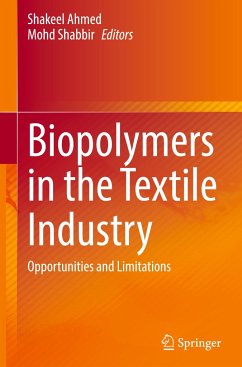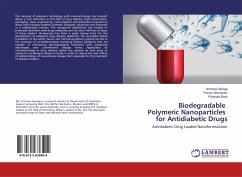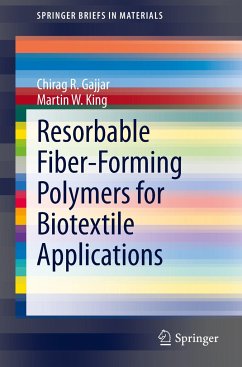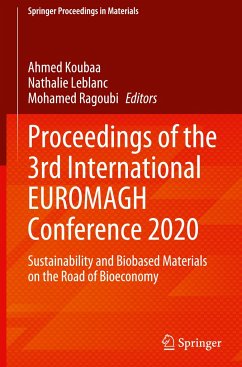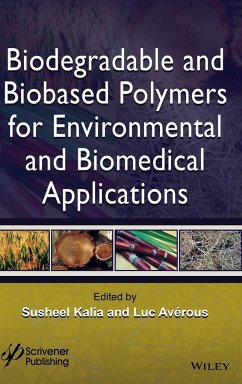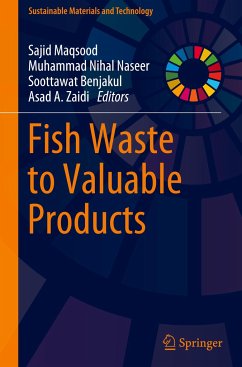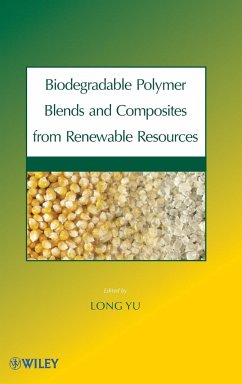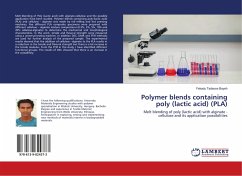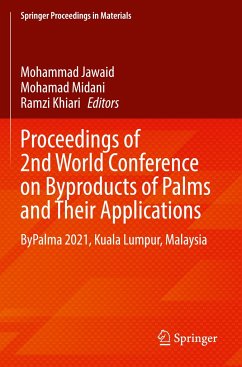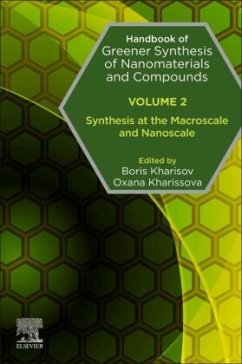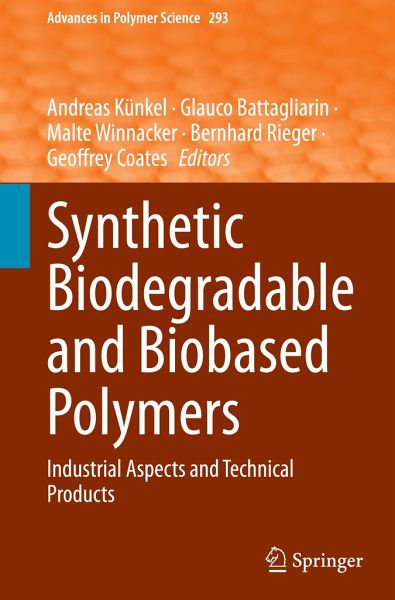
Synthetic Biodegradable and Biobased Polymers
Industrial Aspects and Technical Products
Herausgegeben: Künkel, Andreas; Battagliarin, Glauco; Winnacker, Malte; Rieger, Bernhard; Coates, Geoffrey

PAYBACK Punkte
106 °P sammeln!
This volume presents the recent developments in synthetic biodegradable and biobased polymers. The syntheses of many polymer types such as polyesters and polyamides, and also their processing technologies are discussed herein, and new aspects from fundamental and from industrial research are covered. This combination of both perspectives within this volume will be of interest for many research scientists from academia and industry and also for lectures and teachers.Chapters ''BioPBSTM (Polybutylene succinate)'' and ''Polymer biodegradability 2.0: A holistic view on polymer biodegradation in na...
This volume presents the recent developments in synthetic biodegradable and biobased polymers. The syntheses of many polymer types such as polyesters and polyamides, and also their processing technologies are discussed herein, and new aspects from fundamental and from industrial research are covered. This combination of both perspectives within this volume will be of interest for many research scientists from academia and industry and also for lectures and teachers.
Chapters ''BioPBSTM (Polybutylene succinate)'' and ''Polymer biodegradability 2.0: A holistic view on polymer biodegradation in natural and engineered environments'' are available open access under a Creative Commons Attribution 4.0 International License via link.springer.com. For further details see license information in the chapter.
Chapters ''BioPBSTM (Polybutylene succinate)'' and ''Polymer biodegradability 2.0: A holistic view on polymer biodegradation in natural and engineered environments'' are available open access under a Creative Commons Attribution 4.0 International License via link.springer.com. For further details see license information in the chapter.



